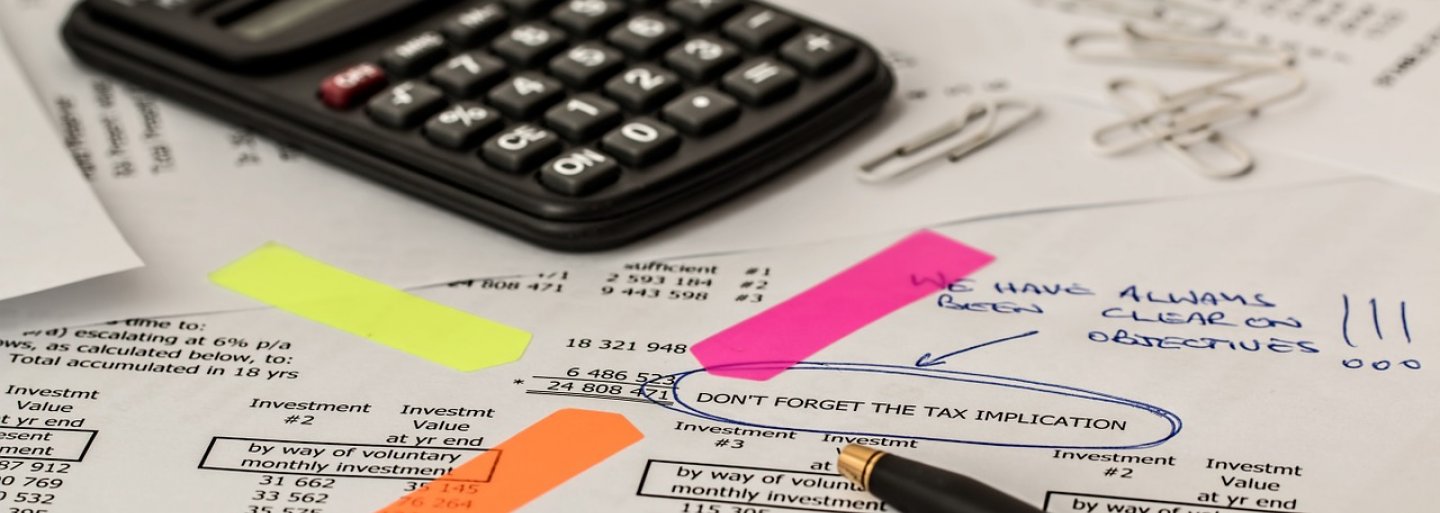
Reclaiming VAT on bad debts under the new 2020 rules may well conjure up images of a TV show obstacle course. Initial experiences suggest that anyone trying to reclaim VAT will be up against the wall. But the undertaking isn’t unfeasible.

It’s widely known by now that Hungarian lawmakers, however unwillingly, made it possible, from 1 January 2020, for VAT paid by taxpayers on bad debts to be reclaimed. It’s clear from the law’s wording that parliament set a dense thicket of obstacles in front of taxpayers attempting to exercise this right. The practices of the tax authorities with regard to such claims add yet another layer of difficulty. Anyone minded to reclaim VAT in this fashion should definitely don their ninja dress and gird themselves.
Ground rules
Even the ground rules themselves are formulated in such a way that only the most buffed-up competitors will consider the challenge. Some types of claim are out of the question straight off the bat, such as receivables from transactions prior to 2016 or receivables where the buyer is a consumer (an individual), not a company.
On top of all this, the rules require, among other things, that taxpayers exercise their rights in line with their purpose. A statement with specified content must be sent to the customer in advance. A detailed self-audit is required, too. And what qualifies as a permanently irrecoverable claim, and when, is also strictly specified.
So it’s no wonder many people don’t even bother. But what awaits the intrepid?
The course
First up, the warm-up circuit: the claim must be ‘irrecoverable’. Several conditions must be met here. One of the most important is to document insolvency proceedings (e.g. enforcement, liquidation) proving irrecoverability. Be prepared for the tax authority to ask for a number of related documents after the self-audit. When it comes to liquidation, a document certifying the registration of the claim must be enclosed as well as the liquidator's statement that there are no significant assets to cover the claim. Further, the liquidation order and any other relevant documents available are required.
The second hurdle relates to our debtor, that is, our buyer. The tax authority, on the one hand, will ask for the notification that has been sent before the self-audit. It’s important that dispatch of the pre-notification (and better yet its receipt) can be verified and that all the prescribed data is contained therein.
The tax authority also requires us to exercise due diligence when establishing a business relationship with our customer. We must check that, at the time of sale, for example, our buyer wasn’t under a liquidation or bankrupty procedure, and that the tax authorities haven’t blacklisted it. On top of this, the tax authority looks at whether our customer’s financial statements were deposited regularly and on time and whether its accounts have been auditied (if audit was required).
The final gate to hell is the requirement of the "proper exercise of rights". Here, the tax authority inspects virtually all the circumstances of the transaction and how the claim arose; and may even request contact with the debtor. (In our specific case, the tax authority wanted to know why the company continued to sell after the debtor’s initial non-payment and thus further accumulated their receivables.)
Fair play?
Congratulations to anyone who gets to the finish line of the above course full of unexpected obstacles: mission impossible accomplished. But what can those participants do, who failed during the race?
In fact, just like its ruling on the Hungarian Porr case, the European Court of Justice passes more and more decisions in respect of reclaiming VAT on bad debts. Given this and the basic principles of the EU VAT system, the Hungarian legislation, as it stands, may very well be in conflict with EU law in several respects. Most likely, one such restriction is that which forbids VAT from being reclaimed when it comes to sales to consumers. This is also likely the case with the rules that do not regard a claim as permanently irrecoverable, if less than two years have passed since the liquidation of the debtor.
So before submitting the self-audit, it’s worthwhile preparing thoroughly. An unsuspecting competitor may be sunk before the finishing line by a tax inspection arriving unexpectedly. But if we see that impossible conditions are set, it does no harm to get the rulebook rewritten.




